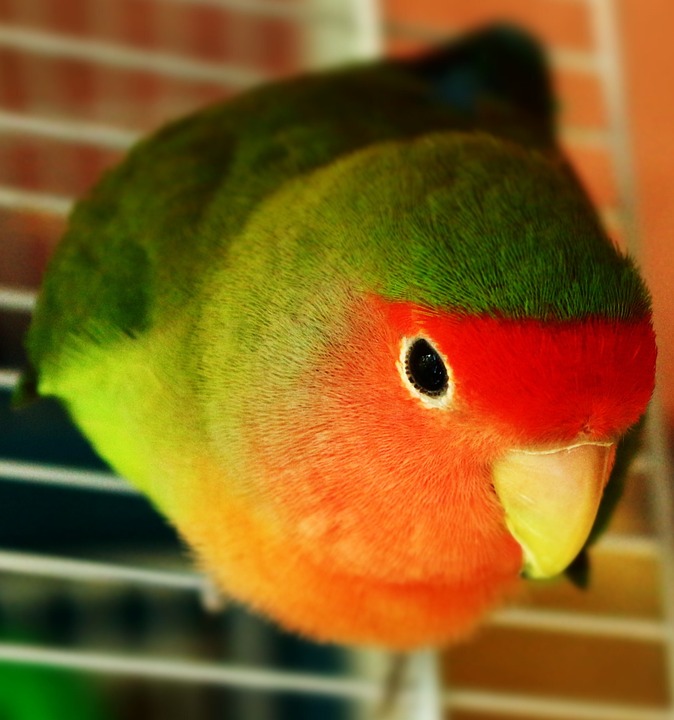Parrots are highly social creatures, and providing them with opportunities to interact and play with other parrots is crucial for their overall well-being. In this article, we will delve into the importance of parrot playdates and provide valuable tips on creating a successful social gathering for your feathered friends. Additionally, we will address some frequently asked questions regarding parrot behavior during playdates.
Why are Parrot Playdates Important?
1. Stimulating Social Interactions:
Parrots thrive on socializing with their own kind. Playdates allow them to engage in natural behaviors and interact with peers. These interactions promote mental and emotional well-being, preventing boredom and loneliness.
2. Promoting Physical Exercise:
Playdates encourage physical activities, which are essential for parrot health and longevity. Parrots can engage in flight, explore new environments, and exercise their muscles. Regular exercise also helps prevent obesity and related health issues.
Preparing for a Parrot Playdate
1. Finding Compatible Parrot Pairs:
When organizing playdates, it is important to match parrots based on species compatibility, size, temperament, and activity levels. Observing the birds during supervised introductions can help ensure a harmonious playdate.
2. Safe Playdate Environment:
Create a secure and spacious area for playdates, free from potential hazards and toxic substances. Remove any items that may pose a danger to the birds. Provide appropriate toys and enrichment activities to keep them engaged and stimulated.
3. Supervision and Monitoring:
Responsible supervision is crucial during playdates. Watch for signs of aggression or stress in parrots, such as biting, excessive screaming, or feather plucking. Intervene when necessary to prevent conflicts and ensure the safety of all birds involved.
Facilitating Parrot Interactions during Playdates
1. Icebreaker Activities:
Engage parrots in shared activities to break the ice and encourage interaction. Provide interactive toys, puzzles, or foraging challenges that can be enjoyed by multiple birds. This promotes cooperative play and problem-solving.
2. Socializing Techniques:
Consider both group play and one-on-one interactions during playdates. Rotate play partners to avoid territorial behavior and ensure all birds have equal opportunities for interaction. Avoid favoritism to maintain a balanced play environment.
3. Encouraging Positive Communication:
Learn to recognize and interpret parrot body language to understand their emotions and intentions. Encourage vocalizations and mimicry during playdates, as this is a natural way for parrots to communicate. Reward desired behaviors with treats and praises to reinforce positive interactions.
FAQs: Common Concerns about Parrot Playdates
1. Can parrots of different species have playdates together?
While parrots of different species can have playdates together, precautions should be taken. Ensure the safety of all birds involved and monitor their interactions closely to prevent any potential conflicts.
2. What if my parrot shows signs of aggression during playdates?
If a parrot displays aggression during playdates, it is important to understand the underlying causes. Take steps to manage and prevent aggressive behavior, such as separating birds if necessary and providing individual attention and enrichment.
3. How frequently should I organize parrot playdates?
The frequency of playdates depends on the needs of your parrots. Some parrots may enjoy weekly playdates, while others may prefer less frequent gatherings. Balance playdates with other forms of socialization and enrichment to ensure a well-rounded experience for your parrots.
4. Can I introduce a new parrot to an established playgroup?
Introducing a new parrot to an established playgroup can be done gradually. Monitor the interactions closely to ensure compatibility and prevent any aggression. Gradual integration and supervised playdates can help the birds adjust to each other.
Conclusion:
Creating a parrot playdate is an excellent way to nurture your feathered companions’ social needs while providing mental and physical stimulation. By following the guidelines outlined in this article, you can create a safe and enjoyable environment for your parrots to interact, bond, and thrive. Remember, each parrot is unique, so monitor their behavior and adjust the playdate dynamics accordingly. Happy socializing!









